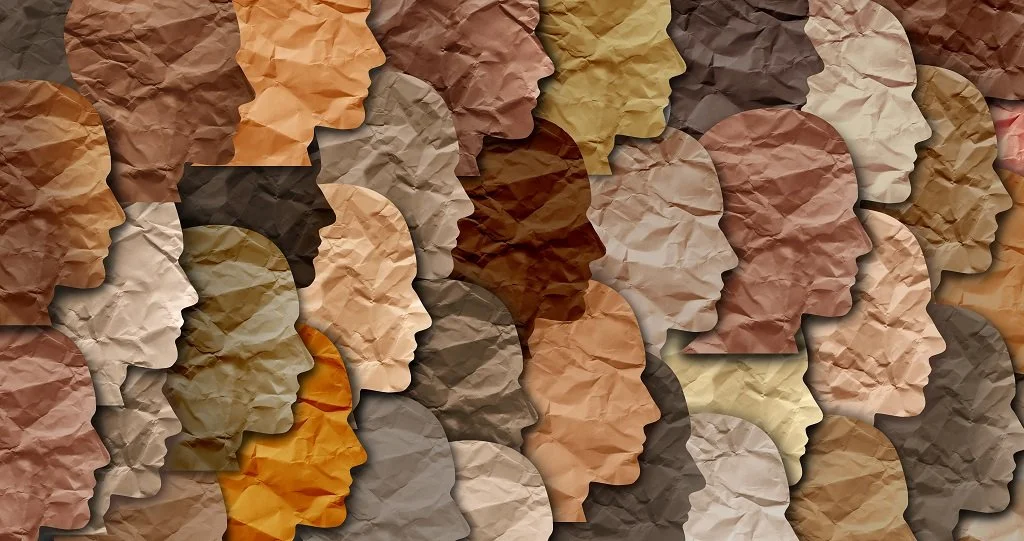Power Has a Rhythm
Movements grow when people act in sync. The HOUR Calendar keeps us on beat.
Why Rhythm Matters
Without rhythm, energy scatters. Movements need cycles of outreach, education, escalation, and renewal. The HOUR Calendar shows when to expand, deepen, and sustain power.
Each event type plays a unique role. Together, they form the cooperative rhythm of HOUR Cooperation.
The 14 Power Building Event Types
-

Base-Building & Outreach
The foundation of every campaign. Outreach transforms strangers into a contactable base, builds trust through listening, and ensures no one is left out. Without outreach, there is no organized “we.”
-

Membership & Dues Activation
Membership moves people from casual interest to committed stakeholding. Dues pool shared resources, proving that collective money fuels collective wins and deepens accountability to each other.
-

Popular & Political Education
Education creates shared language and analysis. By connecting personal struggles to broader systems of power, members build confidence to persuade, resist, and lead.
-

Direct Action & Rapid Response
Action demonstrates power in numbers. When harm must be stopped or concessions won, collective tactics like marches, rallies, or rent holds force institutions to respond.
-

Cooperative Economics & Mutual Aid
Meeting immediate needs through cooperation builds resilience. Mutual aid efforts and co-op ventures show that solidarity is practical, not abstract — and keep wealth circulating locally.
-

Shared Leadership Development
Spreading responsibility prevents burnout and builds depth. Leadership development ensures many people, not just a few, gain the skills and confidence to step into roles.
-
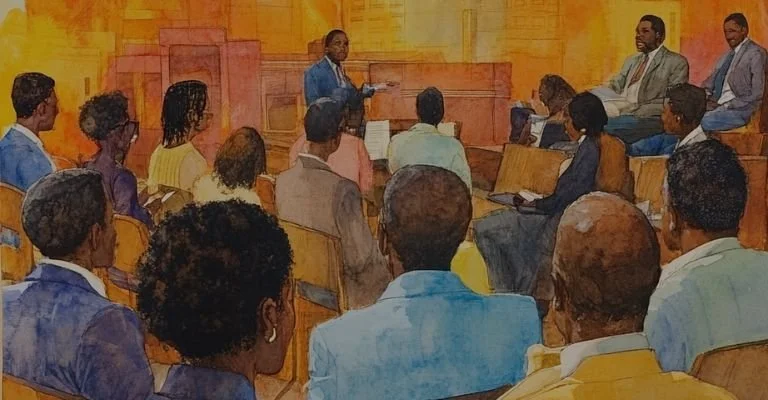
Participatory & Digital Democracy
Transparent decision-making builds trust. Whether through assemblies, votes, or secure digital platforms, democracy becomes a daily practice — proving every member’s voice counts.
-

Coalition & Movement Building
Power multiplies when groups align. Coalitions connect tenant struggles, labor unions, faith groups, and others, making it harder for decision-makers to dismiss community demands.
-
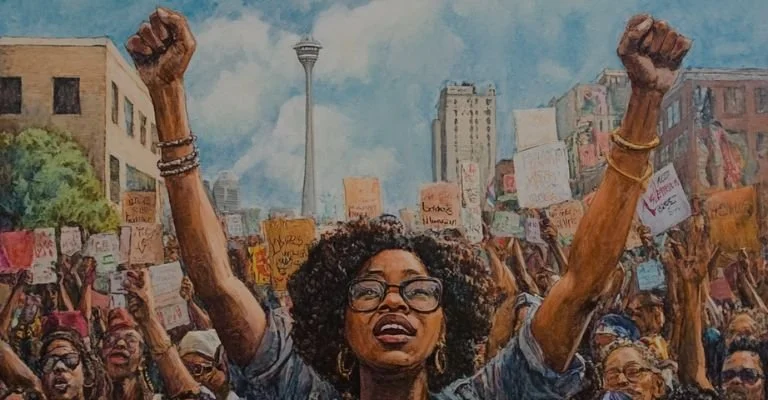
Transformative & Healing Organizing
Healing is not separate from organizing — it is part of it. Storytelling, arts, and mindfulness restore dignity, address trauma, and build joy into the struggle.
-
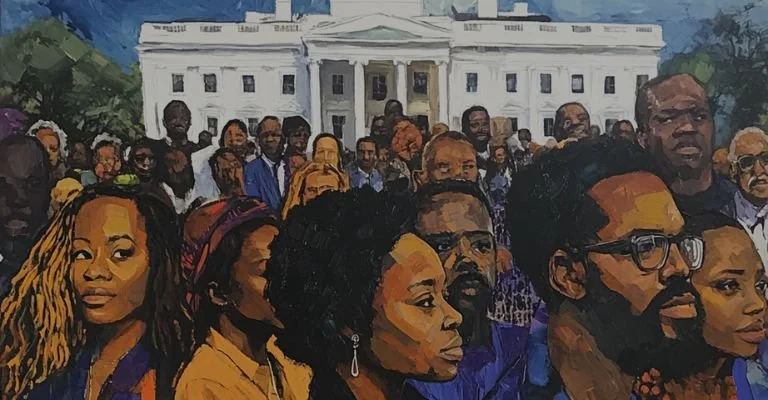
Legislative & Policy Advocacy
Turning lived experience into systemic change. From drafting testimony to tracking bills, advocacy ensures that resident struggles shape the laws, budgets, and protections that govern daily life.
-

Narrative & Media Power
Whoever controls the story often controls the outcome. Media power ensures members are seen as leaders and problem-solvers, not victims, shifting public opinion and strengthening campaigns.
-
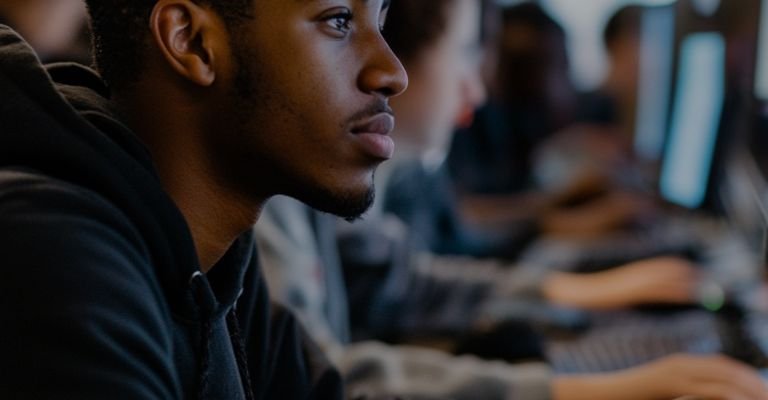
Skills-to-Income Pipelines
Hidden talents become livelihoods when members are trained, connected, and supported in building co-ops or finding income opportunities. Economic empowerment reinforces organizing strength.
-

Resident-Centered Governance
True democracy means residents shape the rules, budgets, and policies themselves. From bylaws to community assemblies, governance ensures decisions are made by and for the people most affected.
-
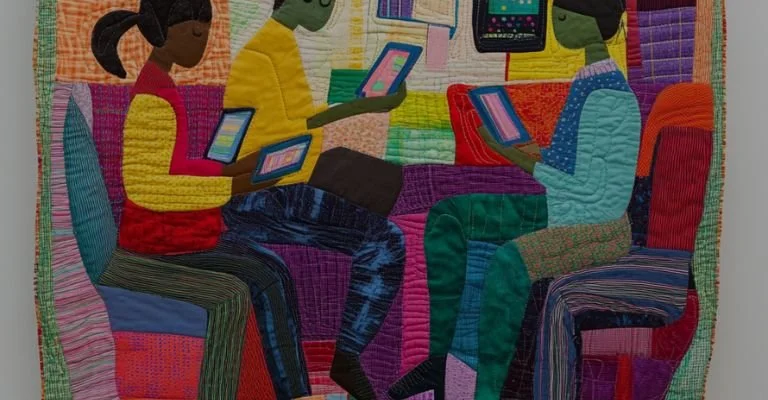
Data Transparency & Tech Empowerment
Information is power — when it’s accessible. Data walks, dashboards, and training sessions make budgets, attendance, and campaign progress visible and usable to all members.
Share Time With Us
HOUR Events aren’t just a calendar — they are a cooperative rhythm. Each of these 14 event types plays a distinct role, and together they create the beat of our power.
